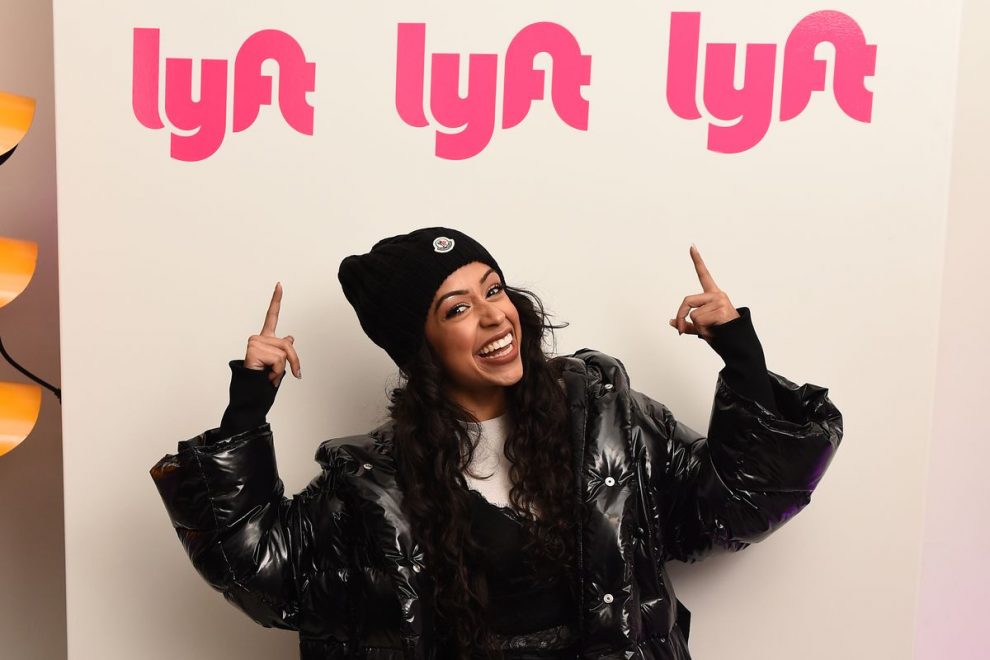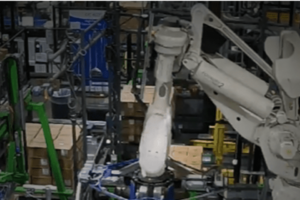Lyft, the second biggest ride-hailing service in the US, priced its initial public offering at $72 a share on Thursday, valuing the company at around $24 billion.
The amount was above its original proposed price range of $62 to $68 a share, suggesting strong investor demand for Lyft and perhaps other money-losing tech startups after a slow start to the year for the IPO market.
After years of investors waiting for the long list of young, private companies with billion-dollar valuations to come to Wall Street, 2019 is shaping up to bring a stampede of so-called unicorns. Uber, Slack, Pinterest and Postmates are all expected to go public this year.
Lyft’s public market debut could prove to be a bellwether for how these companies will be received by investors. In particular, Lyft will almost certainly be viewed as a proxy for what to expect from its chief rival Uber, a much larger business.
It will also give public investors access to a growing part of the digital economy — the on-demand marketplace — that is still largely made up of privately funded startups. But it comes at some risk.
Lyft’s net loss climbed to $911 million in 2018, which is more than any other US startup has lost in the year prior to its IPO. It may not hold that dubious distinction for long. Uber said last month that it lost $1.8 billion in 2018.
“This is staggering what we’re seeing here. Staggering,” Kathleen Smith, principal at Renaissance Capital, which manages IPO-focused exchange-traded funds. “The profitless prosperity model doesn’t work in the public market.”
Despite the steep losses, D.A. Davidson analyst Tom White expressed optimism about the company in an investor note this month, citing “continued growth” of the broader ride-hailing market and “Lyft’s impressive U.S. market share gains and momentum.”
Uber initially bulldozed ahead of Lyft and other rivals through a mix of aggressive fundraising, dirty tricks and a take-no-prisoners attitude toward expansion in the US and abroad. But in 2017, Uber was upended by damning revelations about its workplace culture and by customer boycotts.
While Uber did damage control, Lyft raised more money, expanded to dozens more cities and gained significant market share against its rival. According to its IPO prospectus, Lyft’s share of the U.S. ride-hailing market spiked to 39% in December 2018 from 22% at the end of 2016.
Lyft chalked up this growth in part to the power of its brand compared to rivals, without mentioning Uber by name.
“Now that ride sharing has become more mainstream, we believe that users are increasingly choosing a platform based on brand affinity and value alignment,” John McNeil, Lyft’s COO, said in a promotional video released this month for the company’s investor roadshow ahead of the IPO. “Our values, brand, innovation and focused exertion have driven significant growth in market share and in the number of users on our platform.”
With billions more raised from the public offering, Lyft can work to continue chipping away at Uber’s lead in the market.
Story cited here.






